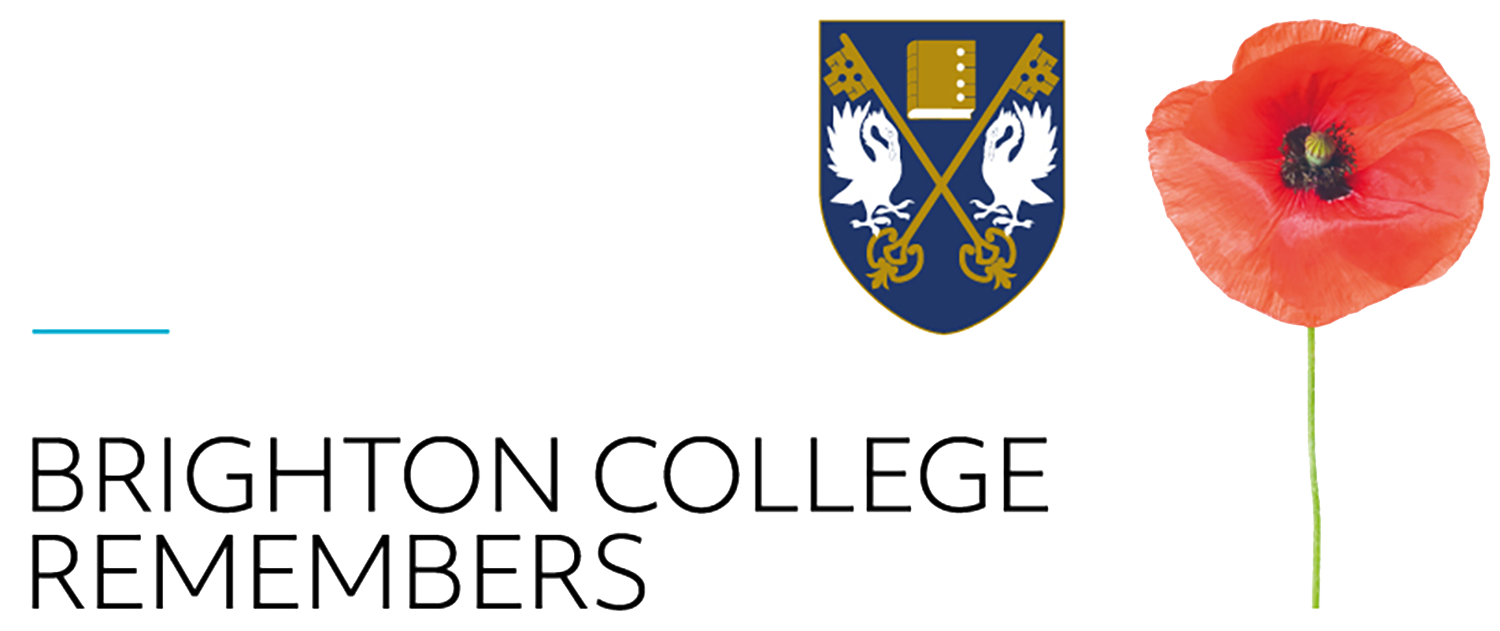Major General, Kuban Cossacks Brigade
Born: February 2nd 1868
Died: October 31st 1918
Age at Death: 50
Killed in action, Poland, October 31st 1918
Son of Sergei Nikolaevich Plaoutine, Aide-de Camp to the Tsar of Russia.
A donation to the memorial statue has been made in honour of this soldier by Claire Wills and Ollie Strachan.
Major General Nikolai Sergeivitch de Plaoutine (Fr.)/Plautin (Ru.) (Principal’s House 1884–1886)
Nikolai de Plaoutine was born in Nice, France on 2 February 1868. He was the eldest son of Serge Plautin, a member of the Russian gentry who was sometime aide-de-camp to Tsar Alexander II, and his English wife Eleanor (née Pringle). His family appear to have alternated freely between the Frenchified version of their name ‘de Plaoutine’ and the Russian version ‘Plautin’, a common fashion among upper-class Russian families during the nineteenth century. Shortly after his birth the family returned to Russia where they lived in Tsarskoe Selo, where most of de Plaoutine’s younger siblings were born, and later St Petersburg. Nonetheless it is evident that, probably owing to his English mother, a strong connection with Britain remained, which accounts for the two years he spent at the College during the 1880s. On returning to Russia he embarked on a military career, becoming Colonel of the Tersko-Dagestansky Cavalry Regiment in around 1904 and married Maria Mikhailovna Raevskaya, a member of a very prominent Russian noble family who may have been a Lady in Waiting to the Dowager Tsarina Maria Feodorovna.
After the outbreak of war de Plaoutine was given command of the 2nd Brigade of the Combined Cossack Division and later, it appears, promoted to Major General and given command of a division of Kuban Cossacks, although this may have been in the early stages of the Russian Civil War rather than in the First World War itself. College records state that he ‘suffered horribly in the Revolution’ and then died of the ‘Black Pox’, i.e. smallpox, somewhere in the Western border areas (i.e. Poland and Ukraine) of the former Russian Empire in late autumn 1918. De Plaoutine’s family were certainly persecuted and in some cases either exiled or executed during the Civil War which followed the Russian Revolution in 1917; for example, both his brother and one of his sisters were executed in 1918 and 1921 respectively. However, the exact circumstances of his death, including whether or not it took placed in captivity are unknown, although the cause of death appears credible because the chaos that sprang from war and revolution did result in a smallpox epidemic in Ukraine.
The location of de Plaoutine’s grave is unknown. His wife, like many other members of the Russian aristocracy, moved into exile in France, and died in Algiers, then part of Metropolitan France, in 1942.
Source: LEST WE FORGET PROJECT, Brighton College 2014/15

